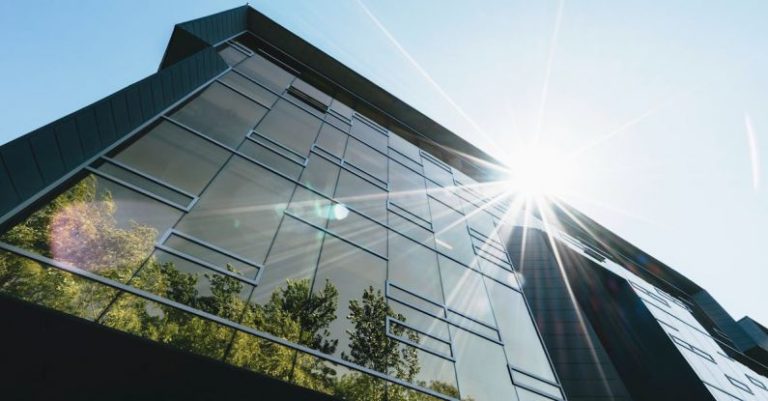Are Composites Cost-effective for Residential Construction?
When it comes to residential construction, the choice of materials plays a critical role in determining the overall cost and efficiency of a project. Traditional materials like wood and concrete have long been the standard in construction, but in recent years, composite materials have been gaining popularity as a cost-effective alternative. Composites are a combination of two or more materials that, when combined, create a stronger and more durable product. In this article, we will explore whether composites are a cost-effective option for residential construction.
Durability and Longevity
One of the key advantages of using composites in residential construction is their durability and longevity. Unlike traditional materials like wood, composites are resistant to rot, decay, and insect infestation, making them a more reliable option in the long term. This means that homeowners can expect lower maintenance costs over time, as composites are less prone to damage and deterioration.
Additionally, composites have a longer lifespan than many traditional materials, which can result in cost savings over the years. While the upfront cost of composites may be higher than that of wood or concrete, the extended lifespan of composites can make them a more cost-effective choice in the long run.
Energy Efficiency
Another benefit of using composites in residential construction is their energy efficiency. Composites are excellent insulators, meaning they can help homeowners reduce their energy costs by keeping indoor temperatures stable. This can lead to lower heating and cooling bills over time, making composites a cost-effective option for environmentally conscious homeowners.
Moreover, composites are often made from recycled materials, making them a sustainable choice for residential construction. By using composites, homeowners can reduce their carbon footprint and contribute to a more eco-friendly building industry.
Versatility and Design Flexibility
Composites offer a high level of versatility and design flexibility, allowing homeowners to customize their living spaces to suit their preferences. Whether it’s creating unique shapes, textures, or colors, composites provide endless design possibilities that can enhance the aesthetic appeal of a home.
Additionally, composites can mimic the look of natural materials like wood or stone, giving homeowners the option to achieve a high-end appearance without the associated costs. This versatility in design can add value to a property and make it more appealing to potential buyers in the future.
Installation and Maintenance Costs
While composites may have a higher upfront cost compared to traditional materials, they often require less maintenance over time. This can result in cost savings for homeowners, as they won’t need to spend as much on repairs and replacements. Additionally, composites are lightweight and easy to install, which can reduce labor costs and shorten construction timelines.
Conclusion: The Cost-effective Choice
In conclusion, composites offer a range of benefits that make them a cost-effective option for residential construction. From their durability and longevity to their energy efficiency and design flexibility, composites provide homeowners with a sustainable and reliable building material that can result in long-term cost savings. While the initial investment in composites may be higher than that of traditional materials, the overall value and performance that composites offer make them a wise choice for residential construction projects. By considering the long-term benefits of composites, homeowners can make an informed decision that not only meets their budgetary needs but also enhances the quality and sustainability of their homes.






